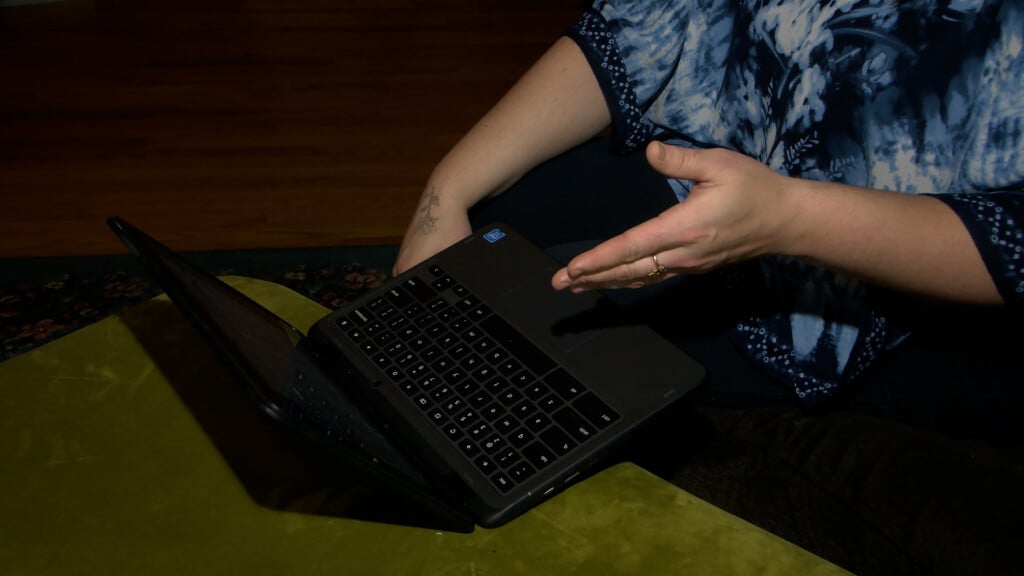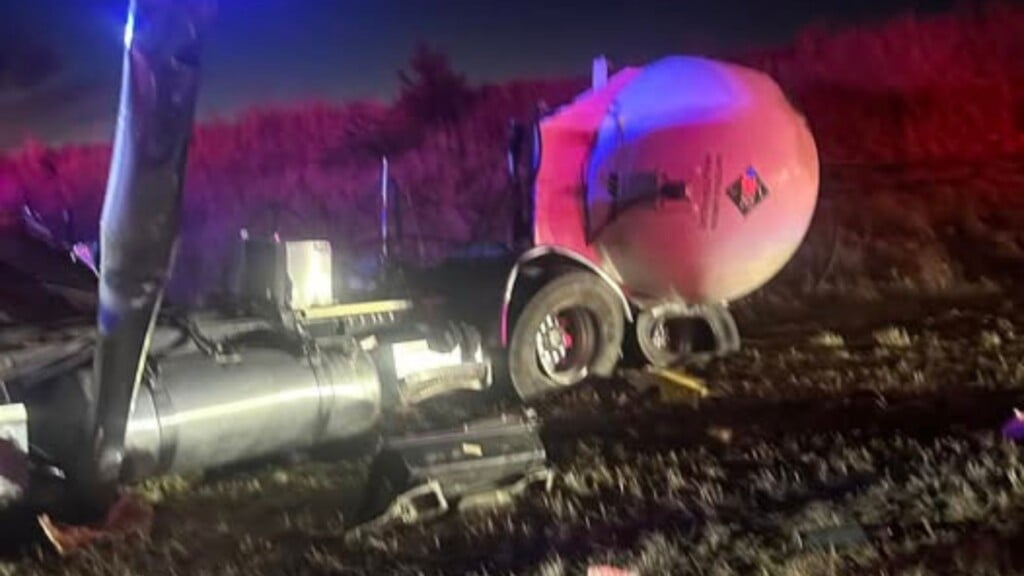Bryan Health hosts training for medical emergencies on the field
LINCOLN, Neb. (KLKN) – From Memorial Stadium to local high schools, football fans will soon flock to their favorite venue to cheer on their team.
While we are all ready to watch our teams go at it on the field, safety is crucial.
On Thursday, Bryan Health hosted a training session on emergency scenarios ahead of the fall sports season.
Local athletic trainers, medics and athletic directors from local schools gathered at Seacrest Field for training on several techniques to diagnose and treat illness and injuries on the field.
Participants learned what medications to administer based on the signs and symptoms, when to use a spine board, cardiac scenarios and more.
Lincoln Southwest athletic trainer Crystal Kjar said the focus of the event was football, but it can be applied to every sporting event.
She said proper communication is key when things go wrong on the field.
“Being able to communicate effectively is something that is important, and I think is something that we are working through,” she said. “Better communication, maybe adding some walkie-talkies or earpieces and stuff to communicate with admin and staff quicker so one person is not running up and down the sideline.”
Last July, Nebraska’s Athletic Training Practice Act was updated, allowing athletic trainers to administer emergency medications like an EpiPen, asthma inhaler or Narcan once rules and regulations are finalized.
Waverly High School athletic trainer Cassie Metzner said the change is huge.
“Before it would have to be prescribed to the athlete, and that person would only be able to use that prescription,” she said. “Now we would be able to use an emergency use prescription to have it on us for athletes who are having an asthma attack.”
The event is also a great chance to network, learn and catch up with colleagues.
Samantha Wilson, director of Nebraska Wesleyan University’s athletic training education program, has been coming to the event for the past couple of years and uses it to keep up to speed with changes in care.
“We don’t see all of this every day, so practicing is important, and at least practicing annually is important,” she said. “Our No. 1 goal is the safety of the athlete, so being prepared in an emergency situation is most vital.”



